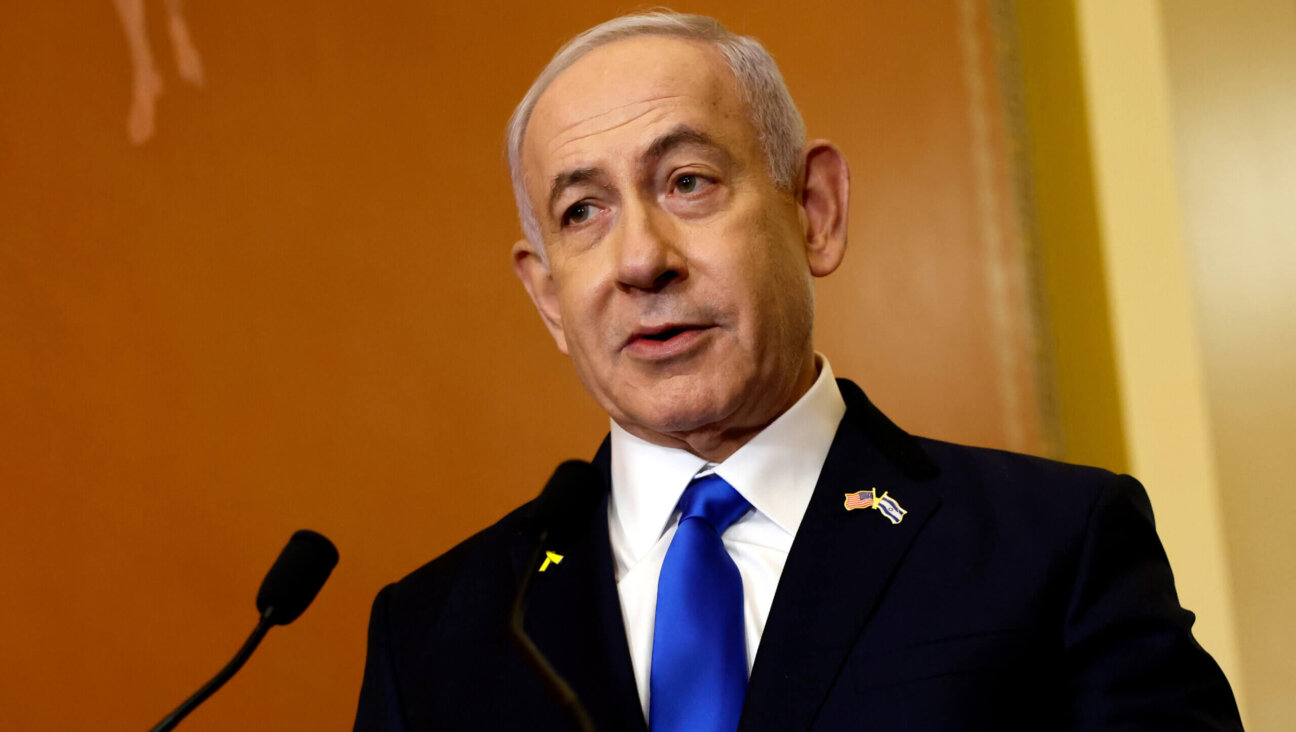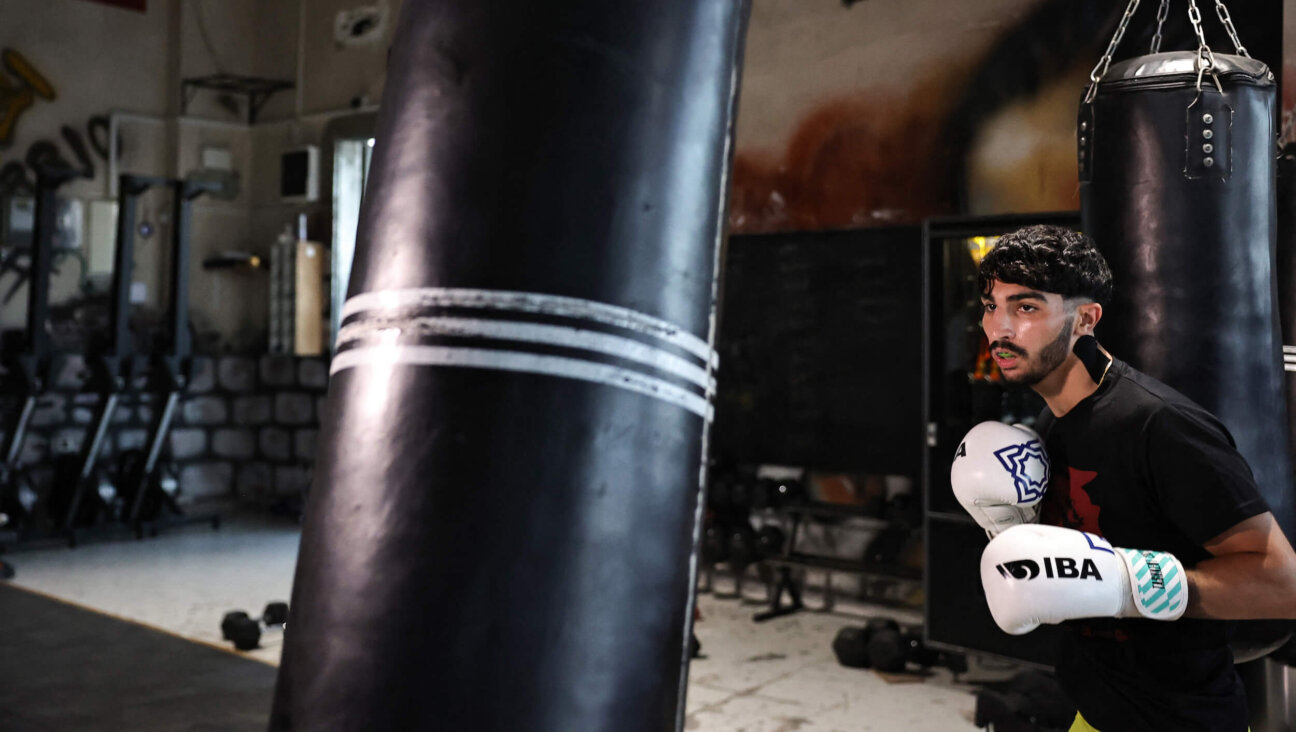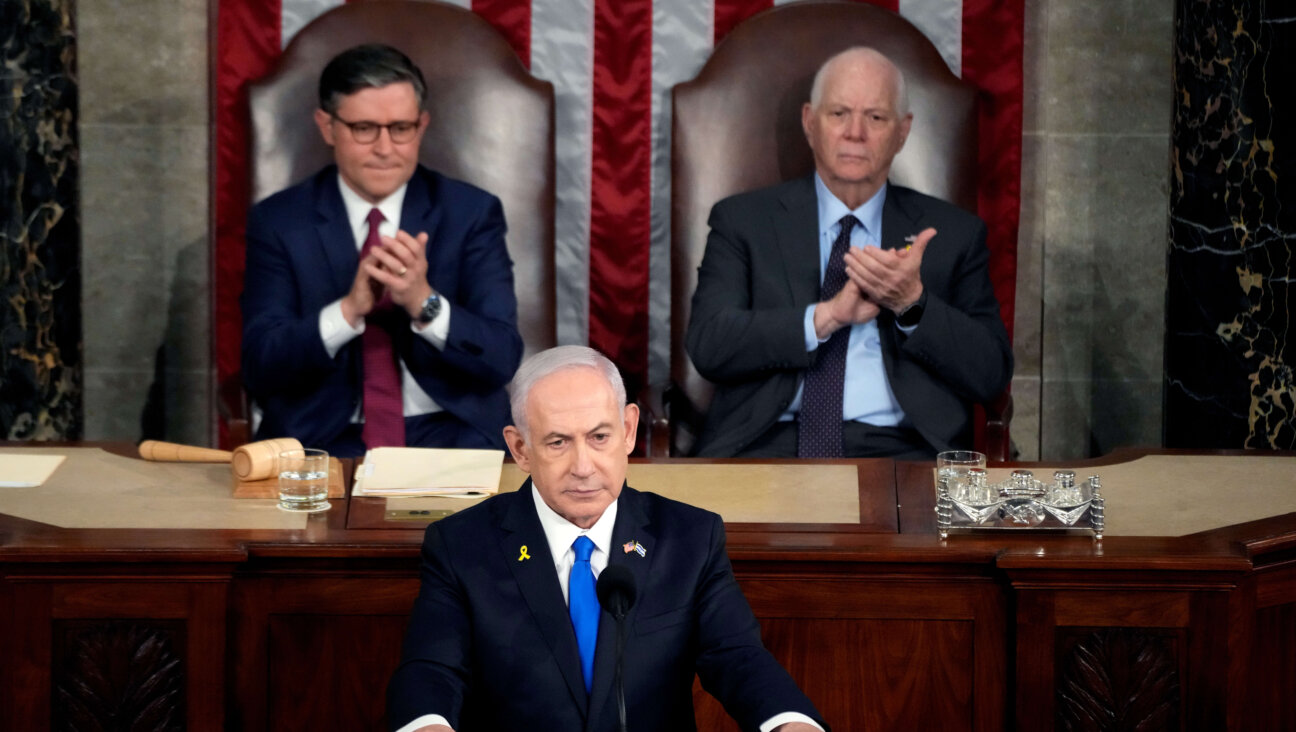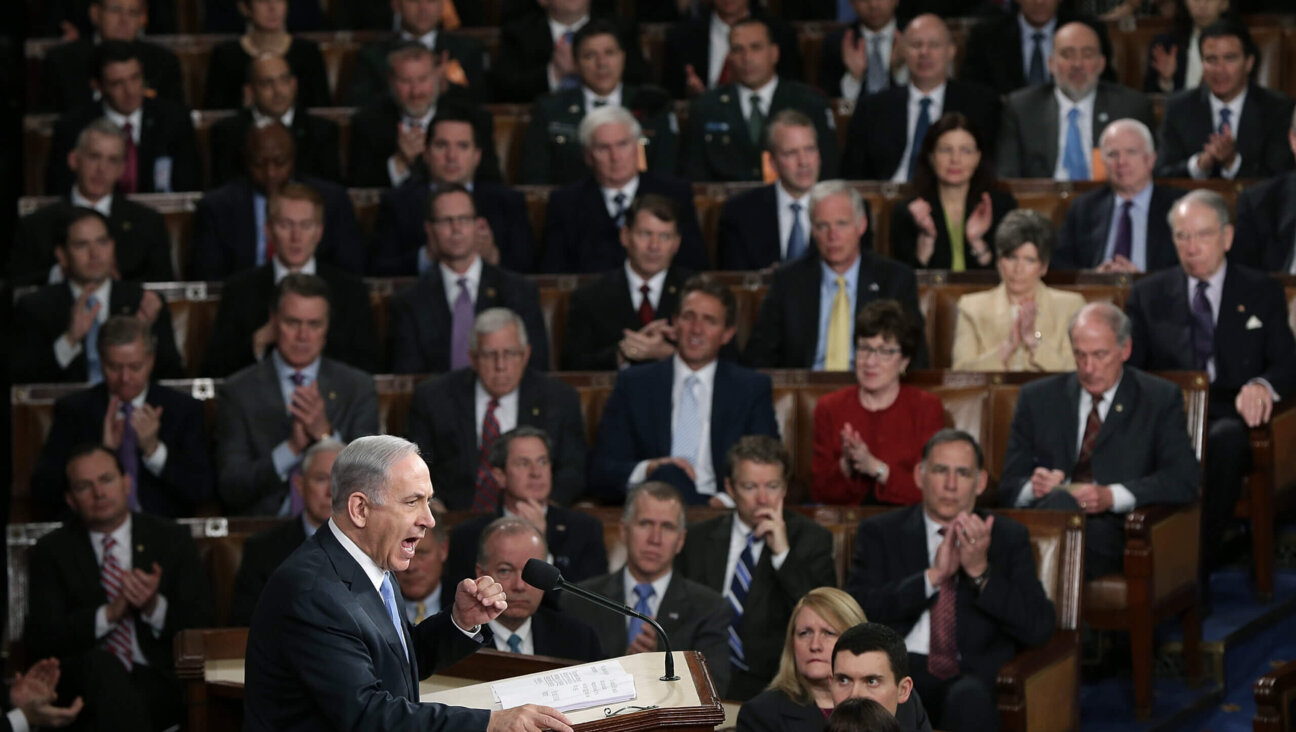Religion Helps Keep Fighting Spirit Alive
A few hours before Barack Obama arrived in Jerusalem in late July, a Palestinian bulldozer driver went on a rampage around the corner from the Democratic presidential nominee’s hotel. It was the second bulldozer attack in Jerusalem in less than a month, and unlike the first attack in which three Israelis were murdered, this time the driver was killed before he killed anyone else.
There were several peculiar aspects of the incident that have been overlooked outside of Israel. To an outsider such details might seem to be no more than local curiosities, but they actually point to an important dimension of the changes affecting present-day Israeli society — changes that also tell us something significant about the role that religion can play in Western-style democracies.
The civilian who shot the July 22 bulldozer terrorist was once the yeshiva instructor of the young conscript who shot the July 3 bulldozer terrorist. The young conscript, in turn, is the brother-in-law of the civilian who shot the terrorist responsible for the massacre at the Mercaz HaRav yeshiva in March. In addition, the three citizen-heroes all wear the knitted skullcaps typical of the national-religious camp — those most closely identified with the settler movement.
In order to place the importance of these recent incidents in context, it is first necessary to recognize that readiness to charge the enemy was once considered to be a typical Israeli characteristic. That self-image began to crack after the hasty withdrawal from southern Lebanon in 2000 and the unilateral withdrawal from Gaza in 2005. It suffered a further blow after the war with Hezbollah in 2006, when the army hesitated for what seemed to be an eternity before sending in the infantry.
The reason behind that hesitation cannot be separated from one of the main motivations behind the recent prisoner exchange with Hezbollah: The Israeli political and military elite seems to doubt Israelis’ capacity for sacrifice. This doubt is clearly understood by Hezbollah’s leader, Sheikh Hassan Nasrallah, who after the Israeli withdrawal from southern Lebanon mockingly said that Israel “is weaker than a spider web.”
The Mercaz HaRav massacre only reinforced this notion. The policeman at the site of the attack inexplicably refrained from entering the building where the lone gunman was shooting students. Instead, an armed civilian took it upon himself to engage the enemy.
It is no coincidence that the armed civilian in question came from the same national-religious camp that fought against the pullout from Gaza, as Gonen Ginat pointed out recently in his column for the right-leaning daily Yisrael HaYom.
“The willingness to charge and the willingness to struggle for Gush Katif come from the same place,” Ginat noted. “Their society, culture, and education emphatically emphasize belonging to a community… These are the places where a feeling of community is preserved, a feeling that once united us all.”
Nor is praise for the fighting spirit of the national-religious coming only from the right.
“It is no accident that in the last three attacks in Jerusalem, wearers of knitted skullcaps… were involved in killing the terrorists,” Nadav Shragai wrote recently in the liberal daily Ha’aretz. National-religious educational institutions, Shragai argued, “sanctify values such as self-sacrifice, heroism and contributing to the collective… The result is that at the moment of truth, these fighters from the same background acted in accordance with the Talmudic command, ‘He who rises up to kill you — kill him first’… without any hesitation or doubts.”
The reactions in the Israeli press to the recent events demonstrate that some of the values embodied by the national religious camp, in particular dedication to the community and a willingness to sacrifice, are widely recognized as necessary for maintaining Israel’s national resilience. These values, however, cannot be separated from their source — namely, faith, and sometimes messianic faith.
The challenge facing Israeli society is how to safely harness the energy of the national-religious camp to help defend the state. Religion, it seems, does not poison everything. At the same time, many Israelis are, for a variety of reasons, unwilling to pay the price that would assure the return of those values to the collective ethos — put simplistically, returning to a nationalistically inclined religion.
It is not much of a stretch to say that Israel faces a dilemma also faced by Western democracies, though perhaps not in as acute a fashion. The terrorist groups in Iraq and Afghanistan do not pose any real threat to American firepower. In the big picture, the attacks against America are equivalent to the discomfort a man feels when a mosquito flies up his nose.
But against American firepower terrorists employ one very important weapon — willpower — and in the long run the war against terrorism will test America’s resolve.
The question of the role of religion in democratic society did not begin, of course, with the war on terrorism. De Tocqueville recognized that the right dose of religion can moderate a democratic society’s tendency to extreme individualism, and Machiavelli praised Roman religion while denigrating religions that focus on worlds aside from our own.
Both thinkers understood that civic-minded religions foster values that sustain a society’s fighting spirit. Thoughtful contemporary critics of the role of religion in a democratic society would do well to remember that fact.
Aryeh Tepper is a research fellow at the Ernest Schwarcz Center for Judaism, Ethics and State at Robert M. Beren College in Jerusalem.
A message from our editor-in-chief Jodi Rudoren

We're building on 127 years of independent journalism to help you develop deeper connections to what it means to be Jewish today.
With so much at stake for the Jewish people right now — war, rising antisemitism, a high-stakes U.S. presidential election — American Jews depend on the Forward's perspective, integrity and courage.
— Jodi Rudoren, Editor-in-Chief























